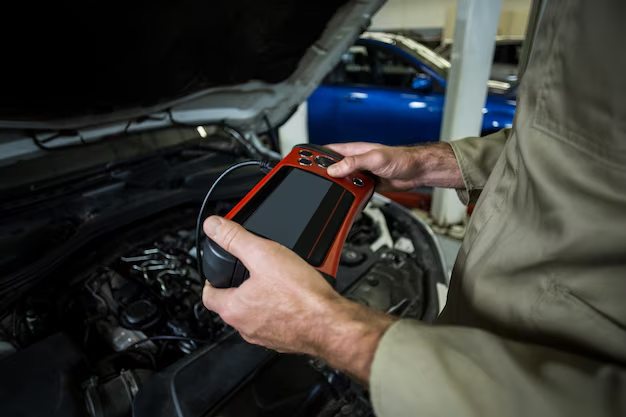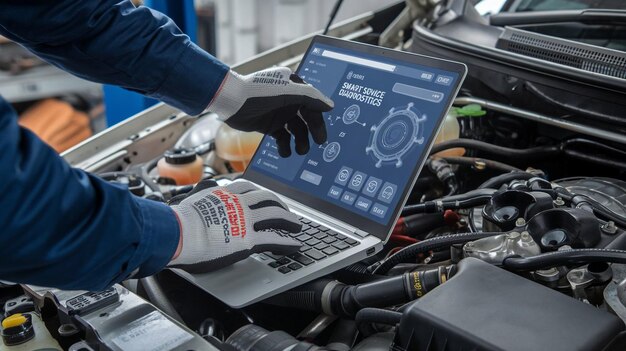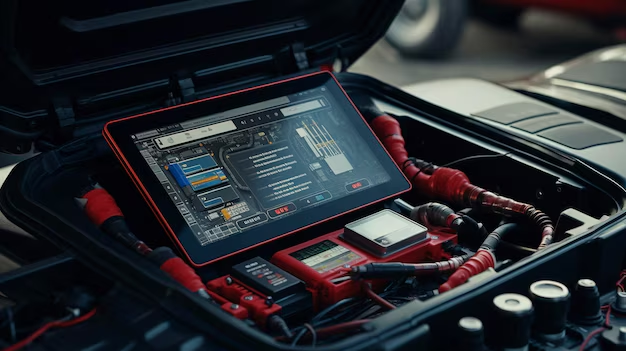


Frequently Asked Questions
Find answers to commonly asked questions about our products and services.
DIAGNOSTIC Blogs
Emergency Car Repairs in Birmingham: What Can Be Done at Home
When your car suddenly breaks down, it can throw your entire day…
10 Common Signs Your Car Needs a Diagnostic Check
Introduction Modern vehicles are complex machines with countless systems working together to…
How to Use an OBD-II Scanner for Car Diagnostics: A Step-by-Step Guide
Introduction An OBD-II scanner is a powerful tool that lets you diagnose…
The Most Common Diagnostic Trouble Codes (DTCs) and What They Mean
Introduction Diagnostic Trouble Codes (DTCs) are your car’s way of telling you…
The Benefits of Regular Car Diagnostics: Why It’s Worth the Investment
Introduction Car diagnostics might seem like an extra step in vehicle maintenance,…
DIY Car Diagnostics: Tools and Techniques for Beginners
Introduction Diagnosing car problems doesn’t have to mean a trip to the…




